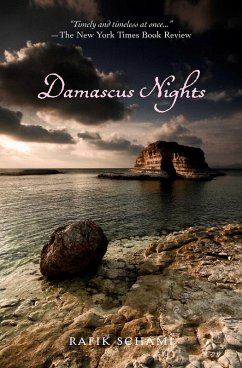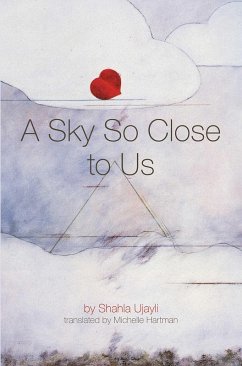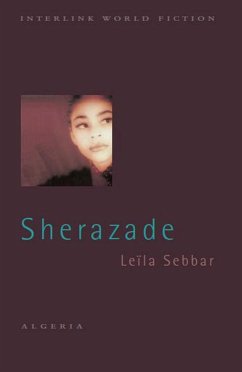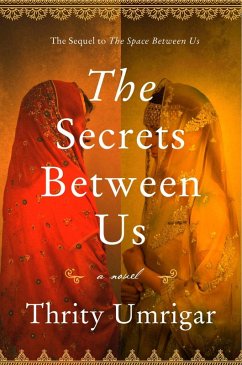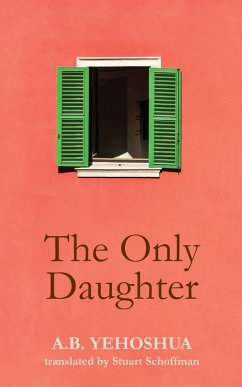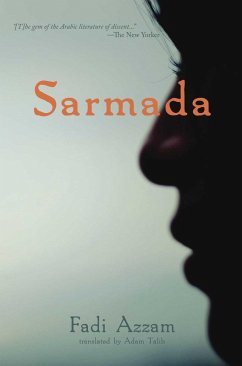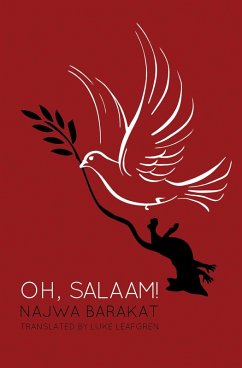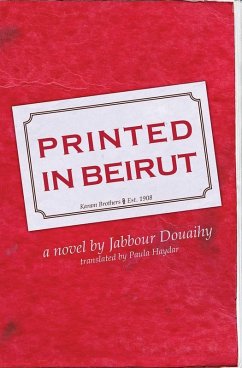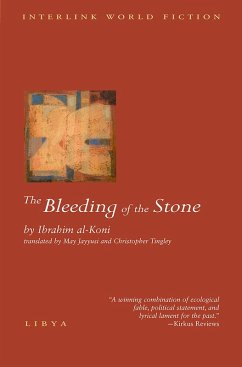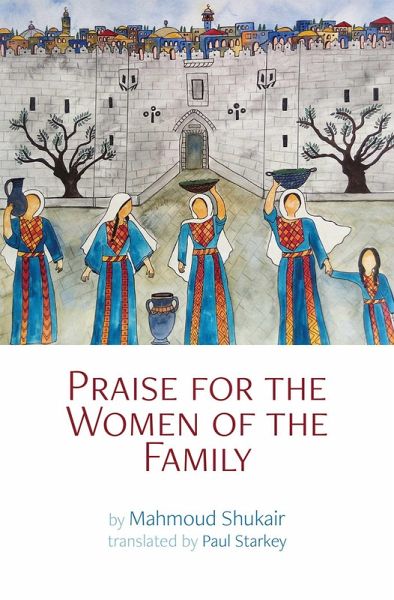
Praise for the Women of the Family (eBook, ePUB)
A novel
Übersetzer: Starkey, Paul

PAYBACK Punkte
0 °P sammeln!
Shortlisted for the International Prize for Arabic Fiction 2016. In the wake of resettlement from the desert to the hills overlooking Jerusalem, aging Bedouin patriarch Mannan wants his son Muhammad al-Asghar (the Youngest) to take on leadership and hold the clan together. But the youngest of eighteen sons is unable to follow in his father's footsteps. Like others in the al-Abd al-Lat clan, he is torn between old customs and new choices. Muhammad al-Asghar is married-with affection and loyalty-to open-minded Sanaa, a childless divorcee. He works as a clerk in a sharia court, recording marriage...
Shortlisted for the International Prize for Arabic Fiction 2016. In the wake of resettlement from the desert to the hills overlooking Jerusalem, aging Bedouin patriarch Mannan wants his son Muhammad al-Asghar (the Youngest) to take on leadership and hold the clan together. But the youngest of eighteen sons is unable to follow in his father's footsteps. Like others in the al-Abd al-Lat clan, he is torn between old customs and new choices. Muhammad al-Asghar is married-with affection and loyalty-to open-minded Sanaa, a childless divorcee. He works as a clerk in a sharia court, recording marriage contracts and divorce papers. But he wants to become a writer and gets drawn into stories: of his mate, of unhappy co-wives in the sharia court, of his storytelling mother Wadha (his father's sixth wife), of his brothers and relatives. Listening to them, he becomes aware of the impossibility of equality for women in a clan culture caught in the grip of a suffocating foreign occupation, following the Palestinian exodus of 1948. And while he fails to bring the clan together, as his father had hoped, he manages to honor Mannan's legacy request and record the life of the clan. A family album imbued with disaster, warmth and humor, Praise for the Women of the Family captures vivid snapshots of shifting intimate bonds, taken in the shadow of the patriarch by a youngest son, in search of his people's story. The Al-Abd al-Lat clan has left the desert and is preparing to leave its Bedouin customs behind. Some of the women of the clan are drawn to the allure of modern life, while others scorn it and fear the loss of their traditional lifestyle and values. When Rasmia accompanies her husband to a party, Najma wears a dress and Sana gets a tan on her white legs, they set malicious tongues wagging. Meanwhile, Wadha, the sixth wife of Mannan, the chief of the clan, still believes that the washing machine and television are inhabited by evil spirits. Set in the tumultuous time after the nakba (the Palestinian exodus from what is now Israel), Praise for the Women in the Family portrays the rapid advance of modernity and the growing conflict in 1950s Palestine. It also reveals the impossibility of political equality in a society that treats its women unjustly and denies them the right to dignity and equality with men.
Dieser Download kann aus rechtlichen Gründen nur mit Rechnungsadresse in A, B, BG, CY, CZ, D, DK, EW, E, FIN, F, GR, HR, H, I, LT, L, LR, M, NL, PL, P, R, S, SLO, SK ausgeliefert werden.




